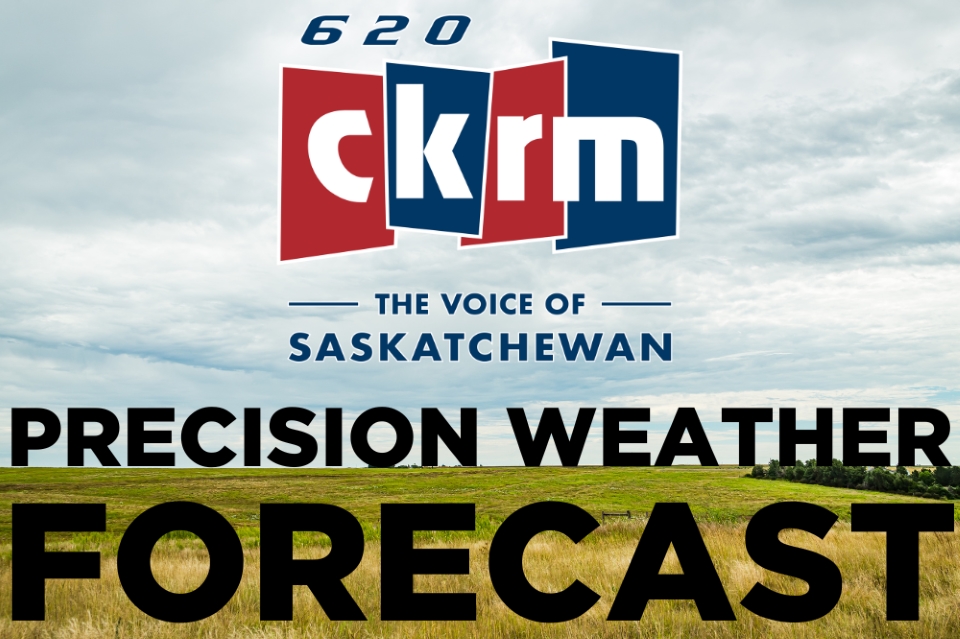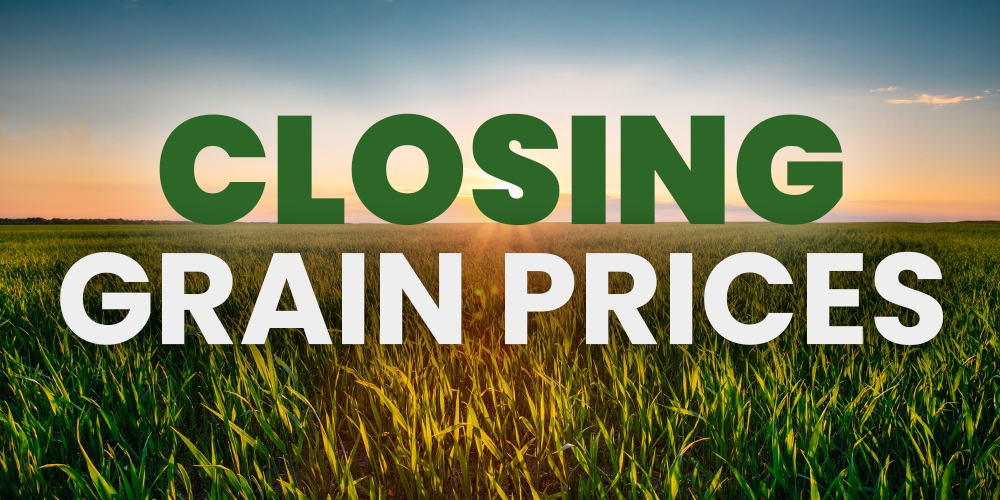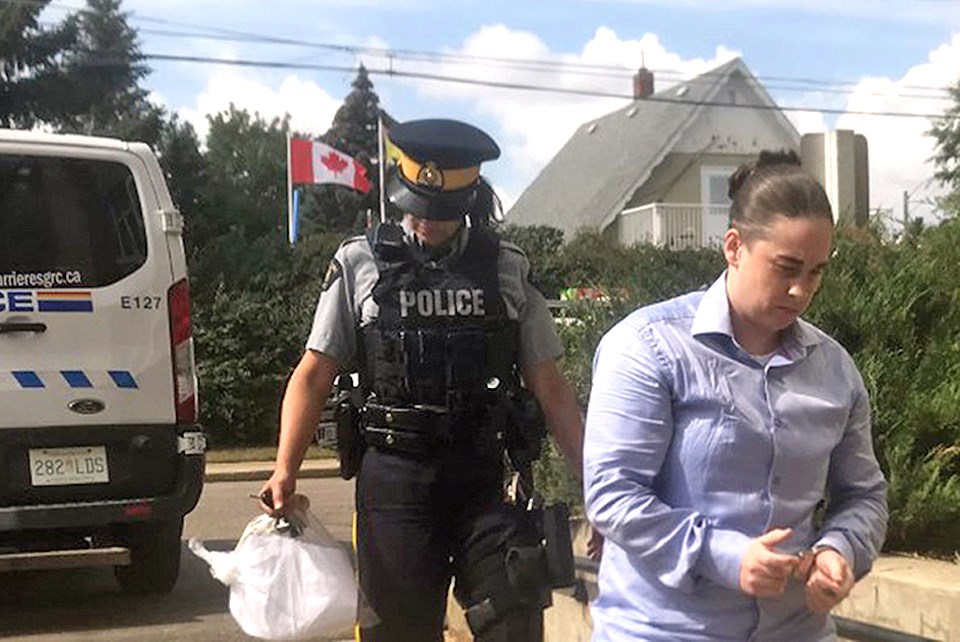One in four Regina kids is currently living in poverty. A fact that is only being exasperated buy the increase in the cost of living. Families are increasingly feeling the pinch of costs on everything from energy, transportation to food and shelter. This impact is being seen locally as the number of cases Regina’s Anti-Poverty ministry is rising.
The definition of poverty for a Canadian family of four is $49,106. For a single individual it’s just over $25,000.
Peter Gilmer with the ministry says the impact of COVID-19 could be felt over the last two years and now things are getting progressively worse. “We’re seeing more people and more desperation,” says Gilmer.
“Poverty has always been an issue, we have always had high case loads. Certainly we have seen a growth that is a combination of rising costs and inflation going hand in hand with people being stuck on inadequate fixed incomes and wages.”
Gilmer says $860 a month is the base amount most are given to meet all of their needs in Regina and Saskatoon – which isn’t enough and is placing a lot of strain on residents.
“Saskatchewan people working at minimum wage in less than a month will have the lowest minimum wage in the country,” an amount that isn’t keeping up with rising costs. Gilmer says a large percentage of those seeking assistance and advocacy from his group are in two categories, low wage employment and those who rely on income assistance – neither of which is meeting the needs of individuals as costs for basic necessities rise.
“The Saskatchewan Government needs to be doing a lot more. It needs to start by ensuring that income assistance levels, and the assured income for disability go up, along with making sure the minimum wage rises at a faster rate and comes closer to being a living wage.”
Alberta Premier Jason Kenny announced a rebate program for electricity coming in the next few months – Gilmer says a similar move would help Saskatchewan residents.
“Some form of rebate system in terms of utilities makes sense, and would alleviate some stress that households are feeling. We need to find a way to hold the line on costs that everyone has to pay for. Things like utilities, rent, etc. We need to make sure people can afford the necessities of life.”
Gilmer says the issue of poverty in our community is particularly hard on kids. Children are in households facing family poverty – which can have a generational impact.
“When you have one in four kids living it poverty – that doesn’t bode well for society in the long run. Investments now can make a big difference.
Children in impoverished situations face major setbacks, from not having proper nutrition, to not being able to fully participate in community and living in households where there is a significant financial strain. “There is a very deep need that needs to be addressed. We need to make sure that families and children have the resources that they need in order to get the best start.”








